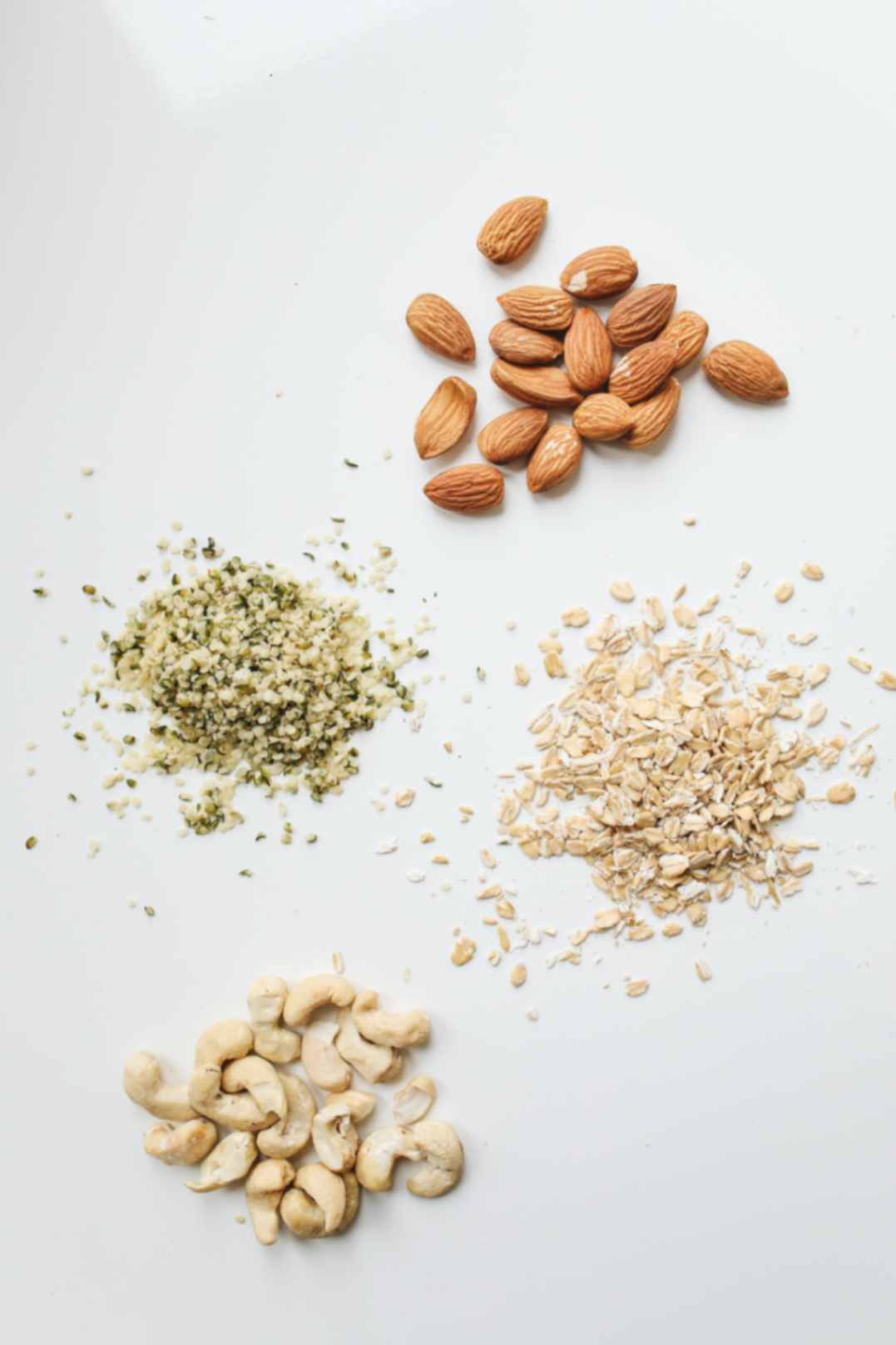“If only we knew then what we know now.” … I feel like that’s a phrase that’s heard amongst women as they transition through adulthood. From menstruation to menopause, our bodies go through extensive changes related to genetics, hormones and life!
As you prepare for the trying to conceive (TTC) or fertility phase, here are some nutrition focused tips that could help boost fertility. While there are not specific evidence-based relationships to share, nutrition certainly plays an important role in fertility. Here are five key nutrients to focus on during this time:
Folate
Most whole grain food sources such as breads and cereals are fortified with folate. In addition to those, dark leafy greens contain folate. Legumes such as chickpeas and kidney beans are good sources of folate. Citrus fruits are also an excellent source of folate.
Monounsaturated Fats
You may have heard of monounsaturated fats also be referred to as the “good” fat. Healthy fat food sources include avocados, fatty fish such as salmon, raw and unsalted nuts, and seeds such as sunflower, hemp and chia seeds. Whole milk yogurt is also a good source if lactose does not affect you. We have a whole blog post on healthy fats here!
Fiber
Whole grain food sources contain more fiber per serving than its counterparts. Try to select whole wheat bread, whole grain bread, quinoa, farro, and even brown rice as your carbohydrate food source when meal planning. Fiber is also found in oats, fruits and vegetables.
Iron
Iron is a key micronutrient during pregnancy therefore it is equally as important to ensure your iron levels are within normal limits. Food rich in iron include meats such as beef and poultry, legumes, dark leafy greens, dried fruits such as raisins and peas.
Vitamin E
Vitamin E is predominantly found in plant-based oils, nuts, and seeds. Food sources include sunflower, safflower or soybean oil, and nuts/nut butters such as almonds or peanuts. It can also be found in vegetables such as spinach, collard greens, red bell pepper, and avocado.
Not only is it important to include these nutrients and their food sources in your diet in a balanced way – it’s also important for you to create a sustainable eating pattern that helps you stay healthy during and beyond pregnancy.
Nutrition Hacks to Boost Fertility
Go plant-based
Balance is key. Start incorporating plant-based foods in majority at various meals to up your intake. The recommended daily allowance of vegetables is anywhere between 5-9 servings so try and allow for a few dedicated plant-based meals throughout your week. Each meal should have at least 50% vegetables in some form. While iron is an important nutrient, reducing animal protein has demonstrated positive outcomes with fertility. Pairing Vitamin C rich foods with iron is also a good way to increase the uptake of iron by the body.
Spread out your healthy fats
In order to maximize nutrient distribution, try to vary the healthy fat foods across the meals. Greek yogurt as a marinade or salad dressing ingredient is a great way to obtain high fat dairy in moderation. Avocado as a salad ingredient or guacamole as a side is a good option. Cooking, sautéing and drizzling various plant-based oils in portion with your vegetables will help you increase healthy fat intake as well as Vitamin E intake.
Limit caffeine intake
Coffee does have its benefits. My suggestion is to try to consume in moderation. Sometimes too much coffee results in dehydration. Research shows that staying hydrated correlates with a high intake of vegetables. Many vegetables are water-based so it does not have to be that you are drinking excessive intakes of water, but that you incorporate hydrating food choices into your meal planning.
Limit alcohol
Enjoying alcohol in moderation is acceptable. If you incorporate it into your weekly rotation without binging and likely choosing red wine, which is a source of resveratrol, the negative effects should be minimal. Similar to coffee, staying hydrated is important.
Eat in pattern
Our bodies have their own circadian rhythm. By pairing your meal intake with the rhythm of your body (wakeup – sleep), you’ll be helping fuel your body efficiently. It is important to eat within 2-3 hours of wakeup and as the day goes on, your body’s metabolism does slow down. Therefore, optimizing consumption during “wake times” will not only help utilize fuel effectively but also allow for optimal nutrient absorption. Our bodies naturally secrete melatonin once the sunsets so even if you eat a healthy dinner at 8pm, it won’t be as effective as eating dinner closer to 6pm.
These are just a few tips and hacks to help you as you plan to conceive. There is no exact science, but it is proven that good nutrition foundation will contribute to the quality of your health and hopefully effect positive outcomes with fertility.






